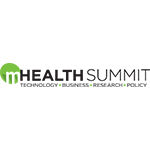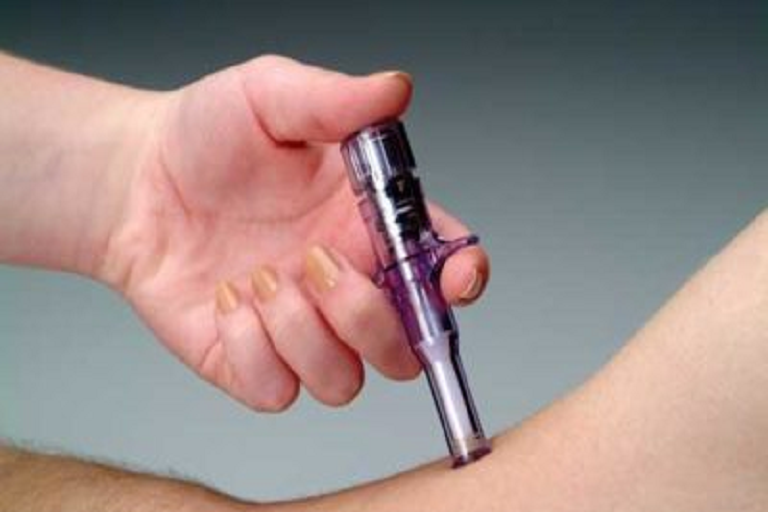Injectable Drug Delivery Market to Record an Impressive Growth Rate During Forecast 2026
Injectable drug delivery is defined as administration of a drug or drugs directly into patient’s blood circulation through a delivery device. It is considered as the most common and effective route of administration of most therapeutic agents to achieve the desired quick response. The injectable route of drug administration is expected to continue to be an important delivery system. This has been attributed to reasons that injectable drug delivery system allows administration of drugs with poor oral bioavailability, delivery of the drug at the site of action, targeted drug delivery system. Reduction in the number of injection is achieved by various technologies such as controlled release, targeted delivery and needle free delivery thus overcoming the problems associated with conventional injectable drug delivery. This has also helped in improving quality of therapy. Injectable drug delivery has also proved beneficial in many cases such as unconsciousness, emergency conditions and nausea, due to rapid onset of action. The basic requirement for injectable drug delivery is that it should be pyrogen free, sterile and isotonic
Major routes for injectable drug delivery include intravenous, intramuscular, intraarterial, intracardiac, subcutaneous, intradermal, intra peritoneal, intrathecal amongst others. Many medications such as antibiotics, peptides and protein, vaccine and gene based drugs, in general are delivered using this route due to their susceptible to enzymatic degradation or poor and inefficient absorption into the systemic circulation due to molecular size and charge,thus leading to their therapeutic effectiveness.Technological advancement, surge of biologics, rising incidences of diseases such as cancer and diabetes and improving patient compliance to injectable drug delivery are some of the major factors driving this market.
However product recalls, patient safety issues, and development of alternate drug delivery methods, are some of the key deterrents posing a challenge to the growth of global injectable drug delivery market.Manufacturing cost of this drug delivery system is expensive as compared to conventional tablets and capsules. A sudden increase in serum concentration of drug post injection of drug may lead to toxicity. Self injection requires adequate patient training and may initially suffer from pain and infection at the site of injection.
The global injectable drug delivery market has been segmented based on indication, formulations, device type and geography. Injectable drug delivery has been used for various indications such as aesthetics, autoimmune diseases, hormonal disorders, infectious diseases, oncology and pain management. Injectable drug delivery systems may be formulated into conventional drug delivery such as suspensions, emulsions,and oil solutions while novel systems include liposome, microspheres, and nanoparticles. Various devices in the injectable drug delivery include disposables &reusable, fill-able and prefilled, and self injection devices such as needle free, pen and auto injectors. Geographically, the market has been segmented in to four major regions namely, North America, Europe, Asia-Pacific and Rest of the World.
Some of the drugs that are commonly administered by injectable drug delivery include analgesics, antibiotics, immunosuppressive agents, antihypertensive agents, vasodilators, chemotherapeutic agents and antiarrhythmic drugs. Novel systems which involve injectable controlled drug delivery are formulated using biodegradable polymers since they undergo degradation in the body without any requirement for removal. Biodegradable polymers used are of natural or synthetic origin. The release can either be continuous or pulsatile depending on the structure of the device and the polymer characteristics.
The key players contributing to the global injectable drug delivery market include Antares Pharma, Inc., Baxter International, Inc., Becton, Dickinson & Co., Eli Lilly & Company, Hospira, Inc., Novo Nordik A/S, Sanofi SA, Scandinavian Health Limited, Schott AG, Terumo Corporation, Unilife Corporation and Zogenix, Inc.
Visit More Information: Click Here


























